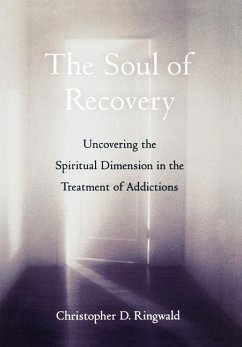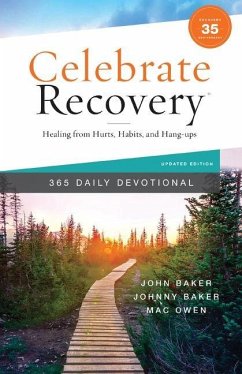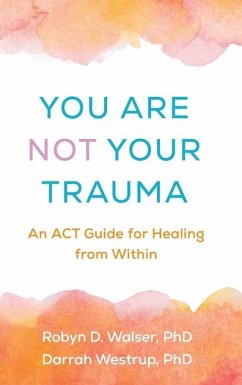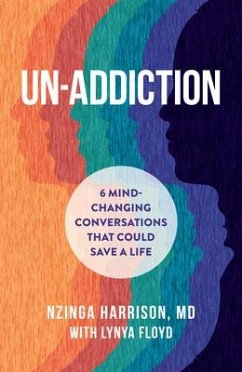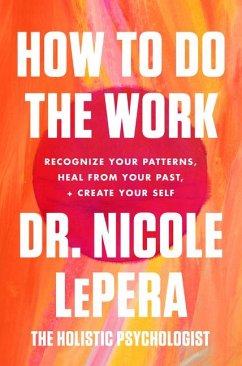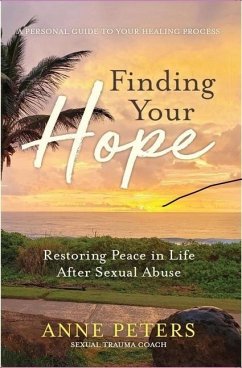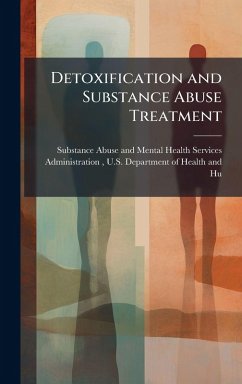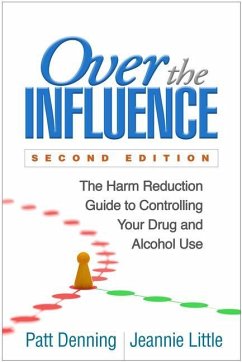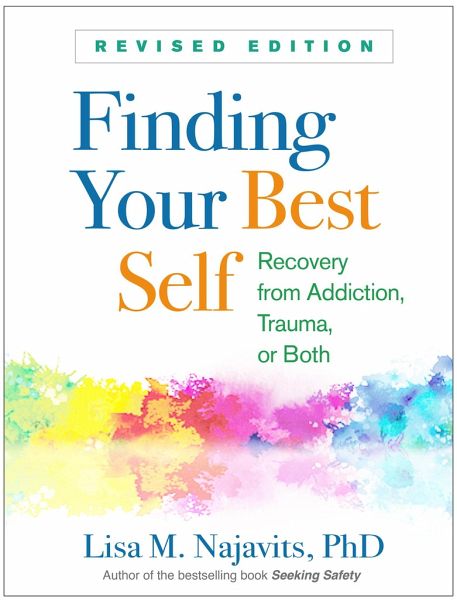
Finding Your Best Self
Recovery from Addiction, Trauma, or Both
Versandkostenfrei!
Versandfertig in über 4 Wochen
28,99 €
inkl. MwSt.

PAYBACK Punkte
14 °P sammeln!
Addiction and trauma are two of the most common and difficult issues that people face. In this motivating book, leading expert Lisa Najavits explains the link between addiction and trauma and presents science-based self-help strategies that you can use no matter where you are in your recovery. Every chapter features inspiring words from people who have "been there," plus carefully designed reflection questions, exercises, and other practical tools. Learn how you can: *Build coping skills so that the future is better than the past. *Keep yourself safe and find support. *Set your own goals and m...
Addiction and trauma are two of the most common and difficult issues that people face. In this motivating book, leading expert Lisa Najavits explains the link between addiction and trauma and presents science-based self-help strategies that you can use no matter where you are in your recovery. Every chapter features inspiring words from people who have "been there," plus carefully designed reflection questions, exercises, and other practical tools. Learn how you can: *Build coping skills so that the future is better than the past. *Keep yourself safe and find support. *Set your own goals and make a plan to achieve them at your own pace. *Choose compassion over self-blame and shame. *Move toward your best self--the person you want to be. If you are a family member or friend seeking to support a loved one--or a helping professional--this book is also for you. Now in a convenient large-size format, the revised edition features added materials for professional and peer counselors. Mental health professionals, see also the author's related treatment manuals for trauma and/or addiction, Seeking Safety (present-focused) and Creating Change(past-focused).



